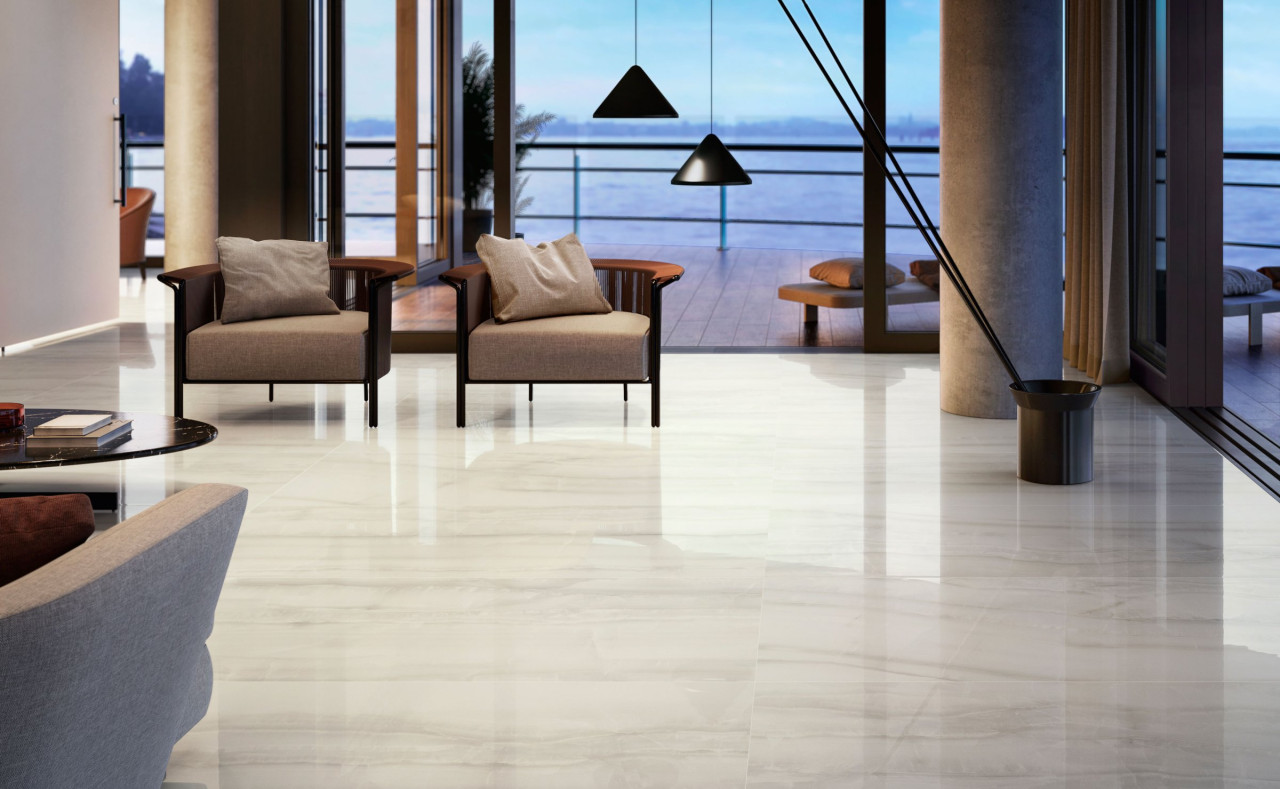Understanding Homogeneous Tiles
In the realm of tiling, the subject of homogeneous tiles often sparks curiosity and intrigue. Unlike traditional ceramic tiles, homogeneous tiles are made from a single material throughout their entire composition, resulting in a durable and versatile option for various applications.
Homogeneous tiles are an excellent choice for homeowners looking for durable and aesthetically pleasing flooring options. In this article, we will delve into the characteristics and benefits of homogeneous tiles, clarifying any misconceptions surrounding them. By the end, you will have a thorough understanding of these versatile tiles and why they are a popular choice for both residential and commercial spaces.
Homogeneous tiles, often referred to as full-body porcelain tiles, are crafted from a single composition of raw materials. Unlike ceramic tiles that have a top layer of glaze, homogeneous tiles feature consistent color and pattern throughout the entire tile body. This composition makes them highly durable and suitable for high-traffic areas.
Homogeneous tiles differ from ceramic tiles in terms of their manufacturing process and composition. While ceramic tiles consist of a clay body with a glaze layer on top, homogeneous tiles are denser and have a more uniform structure. The absence of a glaze layer gives homogeneous tiles superior resistance to wear, scratches, and fading. Additionally, homogeneous tiles are less porous than ceramic tiles, making them highly resistant to stains and moisture.
Advantages of Homogeneous Tiles
Durability: The density and composition of homogeneous tiles make them highly durable and long-lasting. They can withstand heavy foot traffic and are resistant to chipping, cracking, and abrasion. This durability makes them suitable for various applications, including residential homes, commercial buildings, and public spaces.
Design Flexibility: Homogeneous tiles come in a wide range of colors, patterns, and textures, allowing homeowners to find the perfect match for their design preferences. Whether you prefer a sleek, modern look or a classic, rustic aesthetic, homogeneous tiles offer endless design possibilities.
Low Maintenance: Thanks to their non-porous nature, homogeneous tiles are easy to clean and maintain. They do not require regular sealing and are resistant to stains, making them ideal for kitchens, bathrooms, and other areas prone to spills and moisture.
Hygiene: Homogeneous tiles are naturally hygienic due to their low porosity. They inhibit the growth of bacteria, mold, and mildew, contributing to a healthier indoor environment.
When installing homogeneous tiles, it is crucial to ensure proper surface preparation and use suitable adhesives. Hiring a professional installer is recommended to ensure a flawless installation and maximize the longevity of the tiles.
Homogeneous tiles offer a combination of durability, design flexibility, and low maintenance, making them an excellent choice for flooring in both residential and commercial settings. By understanding the composition and advantages of homogeneous tiles, you can confidently make an informed decision when selecting the perfect flooring option for your space.
When you subscribe to the blog, we will send you an e-mail when there are new updates on the site so you wouldn't miss them.


Comments